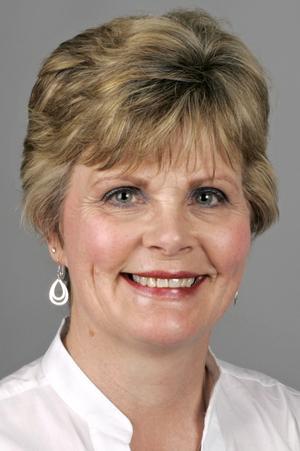Support for Parents of Adults with Special Needs, Pt. 2

Parents of adults with special needs, like all parents, appreciate encouragement from friends and family. Yesterday, Kathy Guzzo, guest blogger and parent of an adult child who lives with lupus, shared her top ten list of practical ways to encourage and support parents of adult children with special needs. Today, she’s back with suggestions about how to use words to encourage parents, including what not to say.
Parents of Adults with Special Needs: What Not to Say
- Everything’s going to be okay.
- Cheer up.
- Don’t worry so much.
- You need to be strong.
- I know how you feel.
- You need to eat.
- You look awful
- You look exhausted.
- Call if you need something—Chances are they never will.
- You can only do so much—A parent feels she can never do enough and doesn’t need to be reminded.
Finally, don’t offer advice of any kind, unless someone asks for your thoughts or input.
Parents of Adults with Special Needs: What to Say
- I care about you.
- Tell me one specific area I can pray about.
- It’s okay to cry, to feel sad or even angry.
- I admire how you’re handling this.
- You’re a great parent.
- I have no idea how you feel, but I’m available to listen.
- Can I get you something you’ve been hungry for, a special treat?
- Whatever happens, I’m here for you.
- You will get through this.
Most of the above items seem like common sense. But believe me, it’s not only kids that say the darndest things. Adults can be extremely thoughtless in what they say.
Parents of Adults with Special Needs Need Supportive Friends
Having an adult child who’s ill can be extremely lonely and emotional as a parent learns to adjust and accept the new role in a child’s life. When my heart is heavy as a result of my daughter’s health issues, what helps me most is a simple reminder from a friend that they are praying for me and they care. Through my experience I’ve learned that the most important thing anyone can do for a friend or family member is to be their friend. Try to put yourself in their place and then the follow the golden rule by doing for them what you’d like them to do for you if the situation was reversed. When that happens, everyone involved is blessed beyond measure.
Supportive Words for Parents
How do people use words to encourage you while you care for your child with special needs. Leave a comment with ideas of what to say and what not to say, whether your child with special needs is an adult or any age.
Support for Parents of Adults with Special Needs, Part 1
Do you like what you see at DifferentDream.com? You can receive more great content by subscribing to the quarterly Different Dream newsletter and signing up for the daily RSS feed delivered to your email inbox. You can sign up for the first in the pop-up box and the second at the bottom of this page.

By Kathy Guzzo
Kathy Guzzo and her husband live in Northern Illinois and have 4 adult children. One of her daughters was diagnosed with lupus and Epstein Barr Replication as a young adult. Another began struggling with depression and OCD in her mid-twenties. She understands the need for her daughters to be able to make their own decisions regarding their health, but the nurturer in her sometimes has a hard time letting go. She desires to direct others to the peace and hope that God has abundantly available for them.
2 Comments
Submit a Comment
Subscribe for Updates from Jolene
Related Posts
Mindset Does Matter on This Special Needs Journey
Guest blogger Sandy Ramsey-Trayvick explains that mindset does matter in living a life of joy as a special needs parent.
Finding Joy in the Garden of Disability and Special Needs
Guest blogger Heather Johnson explains how she is always finding joy in the garden of disability and special needs.
Making Difficult Care Decisions: 6 Strategies to Clarify Choices
Guest blogger Kristin Faith Evans details her strategies for making difficult care decisions for her two medically complex children.






Agree!
Jolene
don’t say: what a shame
you can see what he would have been like
if he’d been normal he’d have been to university and got a job now.